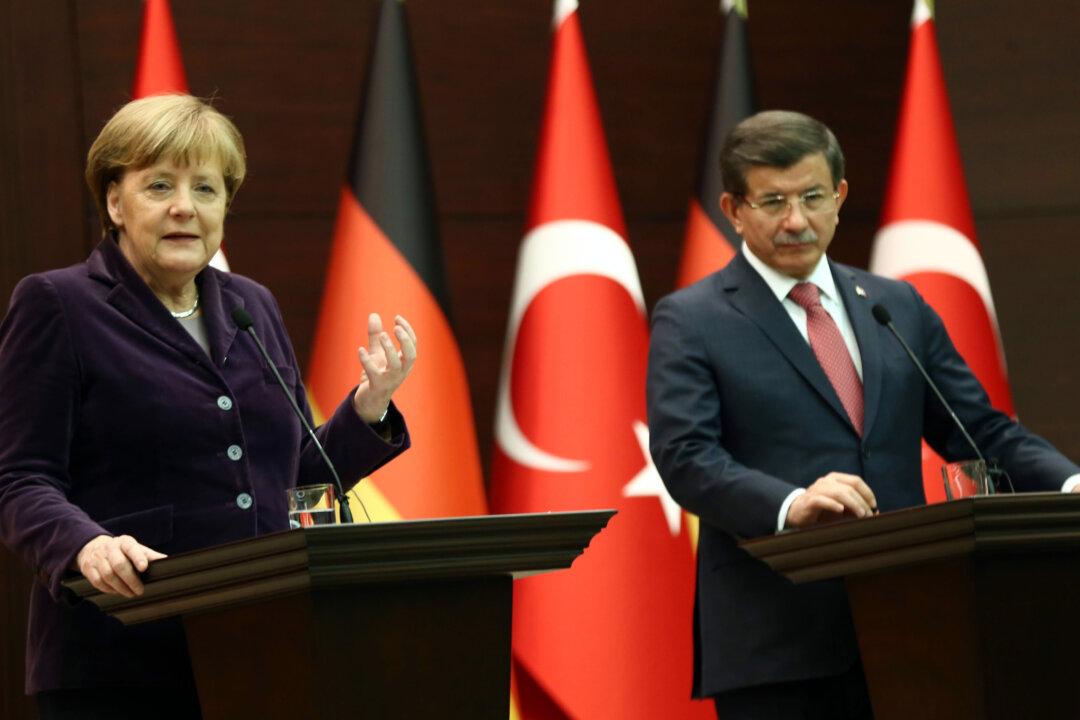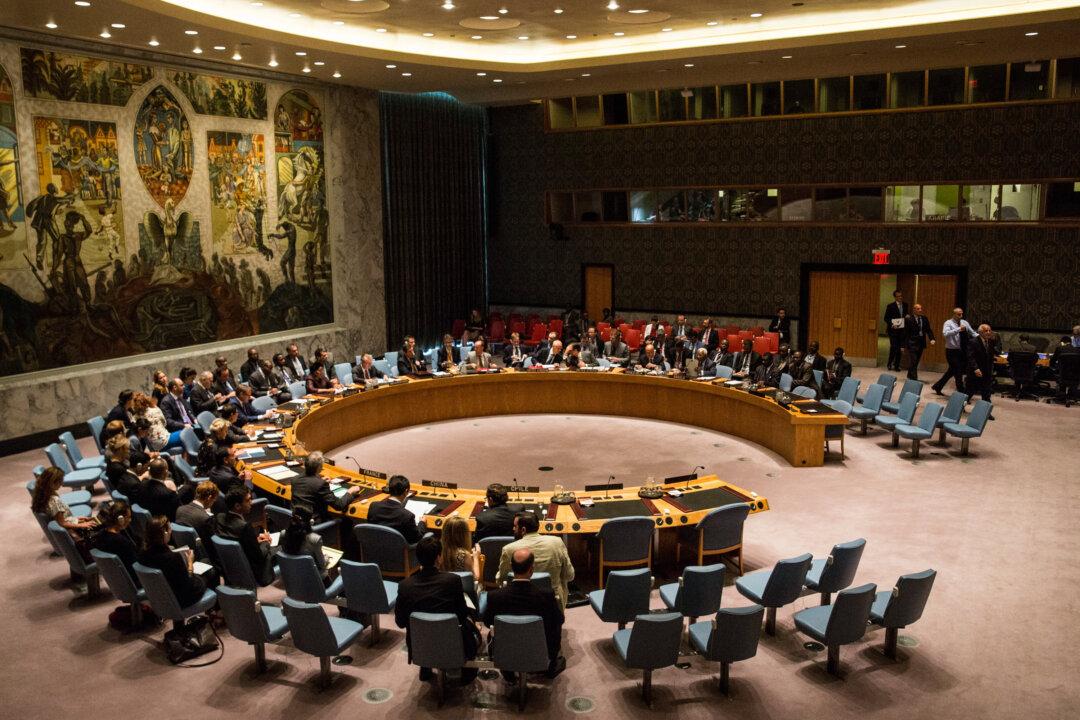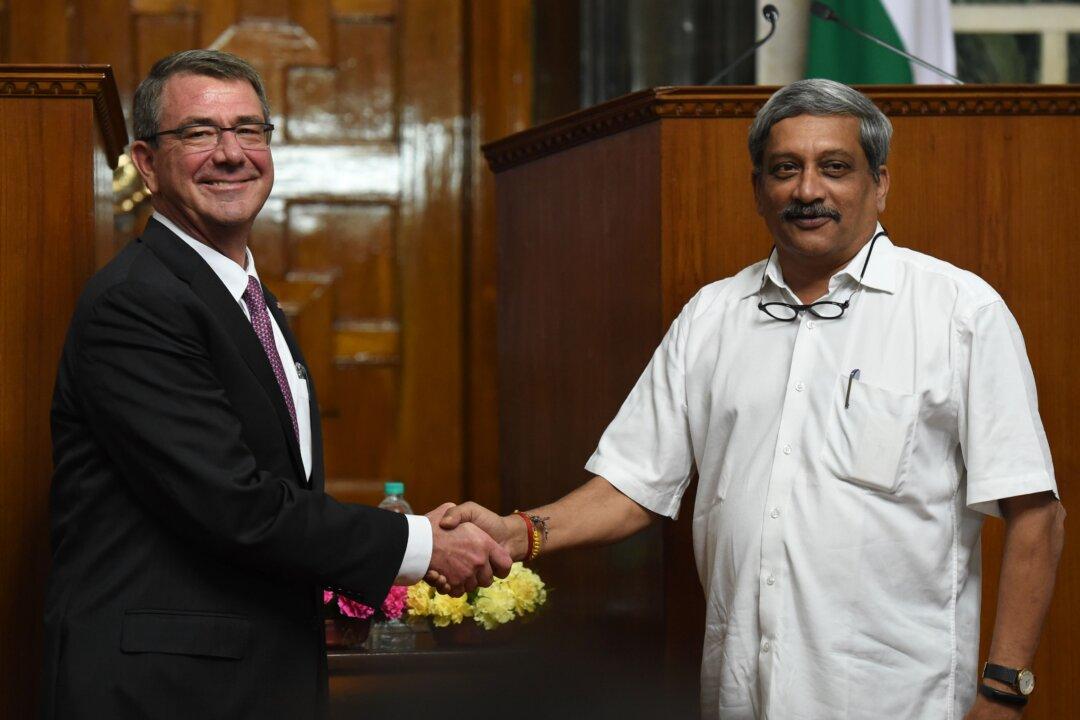There has been a great deal of back-and-forth activities between the European leaders and German Chancellor Angela Merkel on the one hand, and between Merkel and her Turkish counterpart Prime Minister Ahmet Davutoglu on the other. The aim is not only to stop the much-euphemized “Tsunami of refugees” that are pouring into Western Europe, with Germany as the final destination, but also to repair the deteriorating relations between Merkel and her European counterparts.
However, at the heart of such activities is Merkel’s endeavor to bolster her sagging political career as the leader of Germany’s conservative party, the Christian Democratic Union. The party’s popularity has fared badly in public opinion polls—it was badly mauled in the three state elections in Germany on March 13—ever since Merkel opened the gates to refugees and migrants from a number of countries, particularly war-ravaged Syria.





